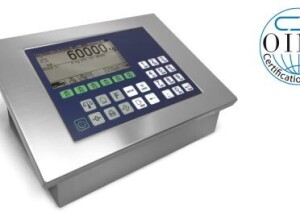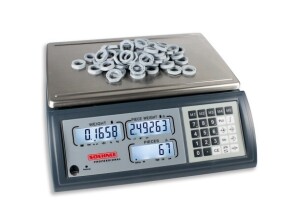Calibration & Traceability: Ensuring Accurate Weighing
Calibration and traceability are essential for reliable and legally compliant weighing. Calibration adjusts a scale to match a known standard, while traceability ensures that the measurement can be linked to national or international standards through an unbroken chain of comparisons.
What Is Calibration?
Calibration is the process of comparing a scale’s readings against known standard weights and adjusting the scale as necessary. Regular calibration is essential to maintain accuracy, especially in industrial, laboratory, and trade applications.
Traceability
Traceability links measurements to recognized standards, such as national metrology institutes. It provides confidence in results, ensures compliance with legal-for-trade regulations, and supports quality management systems.
Applications
- Legal-for-trade scales in retail, logistics, and industrial sectors.
- Laboratory and scientific balances for research and testing.
- Medical and healthcare scales requiring precision and patient safety.
- Industrial weighing systems integrated with automation and software.
Standards and Guidelines
- ISO 17025 – General requirements for the competence of testing and calibration laboratories.
- OIML R 76 – Recommendations for non-automatic weighing instruments.
- National metrology institute guidelines for traceable standard weights.
Related Articles
- Weighing Standards & Legal Metrology
- Platform & Floor Scales
- Truck Scales & Weighbridges
- Weigh-In-Motion Systems

























